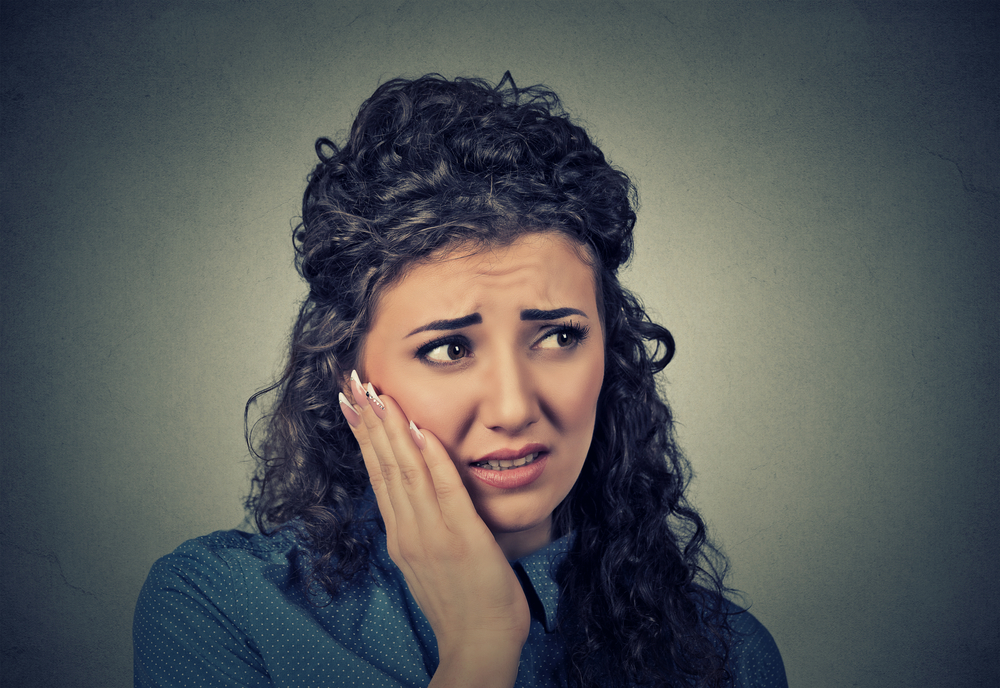A dental crown is used to protect a tooth that has been damaged and make it stronger. After having a dental crown, you can have some pain, which is too bad. This is annoying, and it can be scary.
If you have dental crowns in Saskatoon and you are wondering why your tooth is still uncomfortable, read on to learn about possible reasons for your pain, when to see a dentist, and what you can do to relieve your discomfort.
When Should You See a Dentist for Crown Pain?
It is best to see a dentist in Saskatoon if you have:
- Sharp pain when biting or chewing
- Sensitivity to hot, cold, or sweet foods
- A constant dull ache in the crowned tooth
- Swelling or redness around the gums
These are common causes:
- Decay under the crown.
- Gum disease and/or inflammation.
- A crown that is uneven or impacts the chewing
- Nerve irritation in the tooth.
How Can You Relieve Crown Tooth Pain at Home?
If your crown hurts but you can’t get to the dentist right away, here’s how to relieve crown tooth pain temporarily:
- Take over-the-counter pain medication like ibuprofen
- Avoid very hot, cold, or sweet foods
- Rinse with warm saltwater to soothe gums
- Use a desensitizing toothpaste
- Avoid chewing on the affected side
These steps can help, but if pain lasts more than a couple of days, see your dentist.
Can a Crowned Tooth Get Infected?
A crowned tooth can get infected because the natural tooth underneath is still there, and the infection can happen if
- Decay forms under the crown and reaches the nerve
- A previous root canal treatment failed
- Gum disease spreads to the tooth’s supporting bone
Signs of an infected tooth include:
- Severe, throbbing pain
- Swelling in the gums or face
- Pus or a bad taste in your mouth
- Fever
If you have experienced these problems, we recommend you consult a dentist near you.
When Does Crown Pain Mean a Bigger Problem?
Crown pain signals a more severe issue, like
- Bite misalignment – The crown may need adjustment
- Fractured crown – A crack can uncover the tooth under the crown
- Advanced decay – May require crown removal for treatment
- Failed root canal – Might need retreatment
Getting it treated early can help you save the tooth and help you avoid the need for more complicated dental work.
Wrapping Up!
Crown pain can have several causes, from a minor irritation to an infection. The best way to protect your tooth is to have it checked quickly and take the necessary steps recommended by your dentist.
At Brighton Dental, we offer exceptional expertise with crown pain or other dental issues to keep your smile healthy and pain-free.
Schedule a call with us for a comfortable dental treatment.
📍 Address: 147 Gibson Bnd #95, Saskatoon, SK S7V 0V2, Canada
📞 Call: (306) 343-2020
🌐 Book an Appointment: https://www.brightondentalstudio.com/book-an-appointment/
FAQs
How long should a crowned tooth hurt after the procedure?
Mild sensitivity is normal for a few days, but pain that lasts more than a week should be checked by your dentist.
Can I get a cavity under a crown?
Yes. If bacteria get beneath the crown’s edge, decay can form just like on a natural tooth.
Will a root canal stop crown pain?
If the pain has occurred due to nerve damage or infection in the tooth, a root canal treatment can help.
What is the best way to avoid crown problems?
Good oral hygiene, regular check-ups, and avoiding habits like chewing ice can help protect your crown.
Do I need to replace a crown if it hurts?
Not always; a pain may be caused by gum issues, bite alignment or decay that can be treated without replacing the crown, but only a dentist can confirm.

